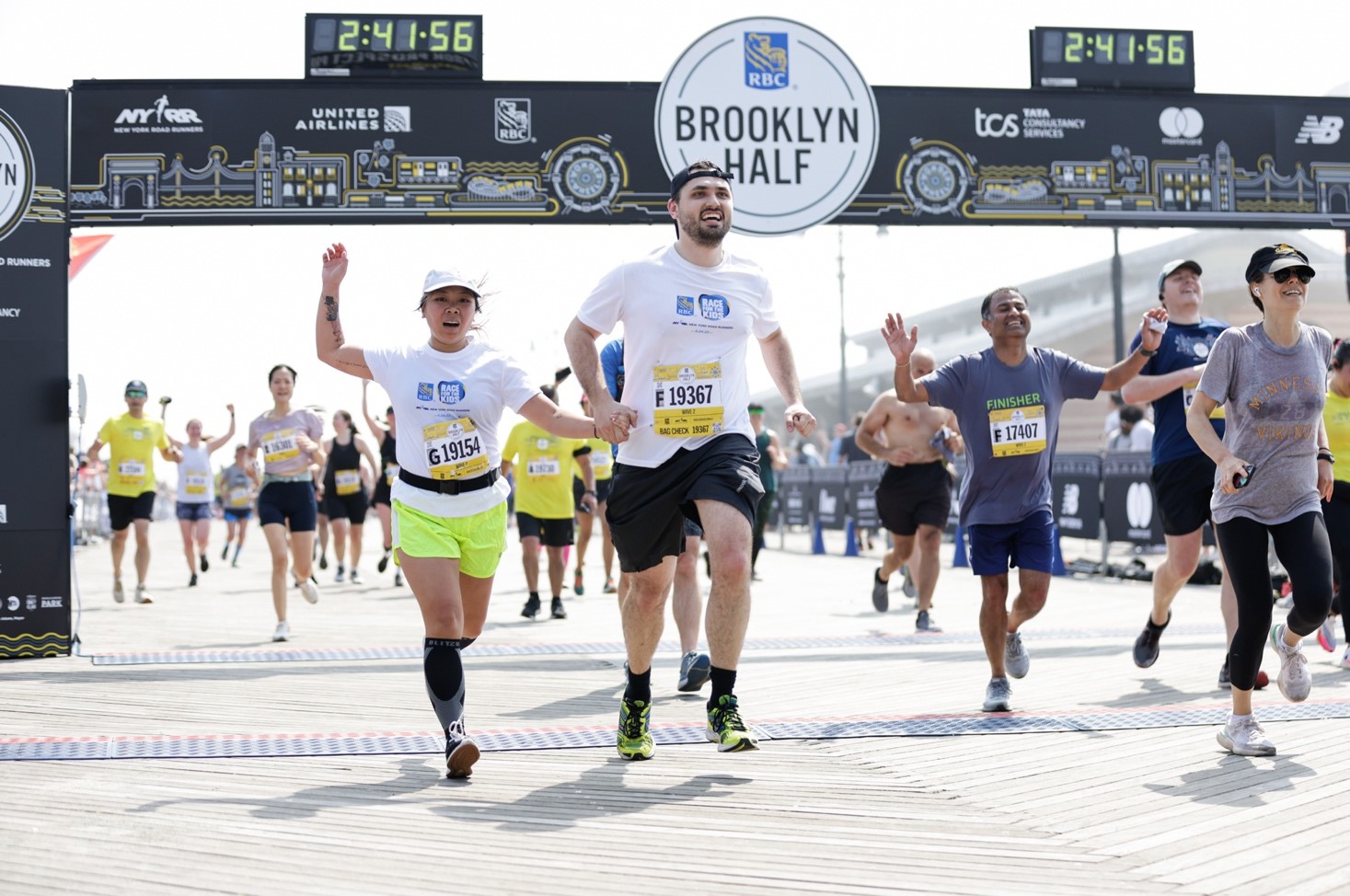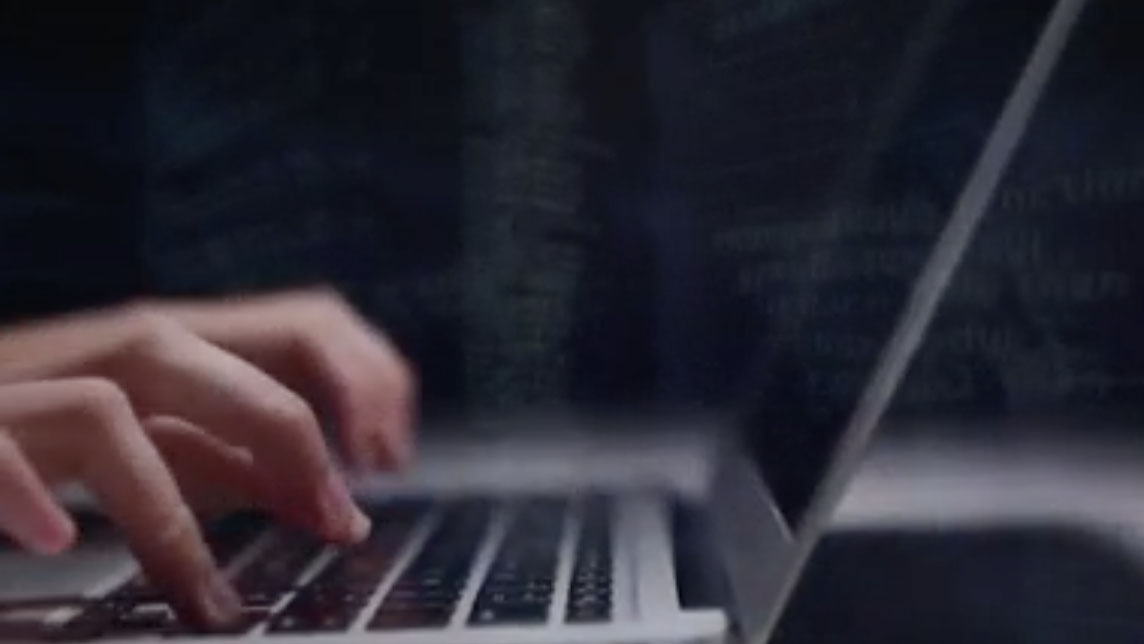The state's highest court ruled Tuesday that police can't simply ask stopped motorists if they have a gun or other weapon but need a "founded suspicion" in order to ask.
The Court of Appeals said officers in the Bronx erred when they asked the weapon question after pulling over Miguel Garcia's vehicle for a defective brake light and noticing some of his four male passengers were "furtive" and "nervous" on the evening of Sept. 19, 2007. One passenger admitted having a knife. After all five were ordered out of the vehicle, police found an air pistol in the car and an air gun in the trunk.
The court majority said police cannot, simply as a protective measure, routinely ask the occupants of a vehicle about weapons, though under established case law officers can tell motorists to get out in order to get a better look at them. The five judges agreed with a midlevel court that evidence of the pellet guns should be suppressed. That evidence had led to Morales' misdemeanor charges under the city code, guilty plea to lower-level counts and a conditional discharge.
"In light of the heightened dangers faced by investigating police officers during traffic stops, a police officer may, as a precautionary measure and without particularized suspicion, direct the occupants of a lawfully stopped vehicle to step out of the car," Judge Carmen Beauchamp Ciparick wrote. "Whether the individual questioned is a pedestrian or an occupant of a vehicle, a police officer who asks a private citizen if he or she is in possession of a weapon must have founded suspicion that criminality is afoot."
Ciparick cited potential privacy concerns and past jurisprudence on searches and seizures, particularly the framework that established "escalating measures of suspicion necessary" to justify heightened police interrogation.
Officers can ask basic nonthreatening questions, like address, identity and destination, when there is an objective credible reason for someone and which doesn't necessarily indicate crime, she wrote. Asking more pointed questions, such as about weapons, constitutes a higher level of contact leading someone to believe he or she is suspected of wrongdoing and requires grounded suspicion of wrongdoing.
Chief Judge Jonathan Lippman and Judges Victoria Graffeo, Susan Read and Eugene Pigott Jr. agreed. Only Judge Robert Smith dissented.
Local
"I believe that New York is the only state in the union that forbids police officers to talk to people they meet in the street unless certain preconditions are met, and requires the suppression of evidence derived from a forbidden conversation," Smith wrote. The majority was needlessly expanding "an already hyper-stringent rule" by applying it to people in a lawfully stopped car, he wrote.



